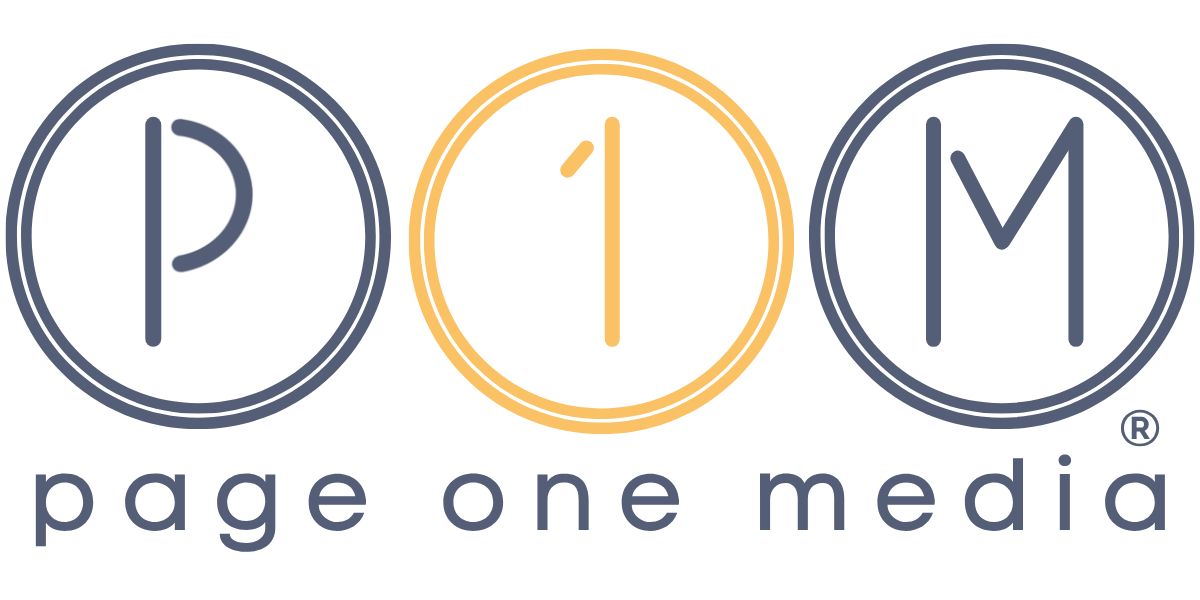
22 Aug Pre-orders, Promotional Discounts, and How to Encourage Readers to Order Early
Welcome back to the blog and this last post of summer. Although, it’s gloriously cool and breezy here in Brooklyn. Today, we’re going to talk about a question that came up recently: How do promotional discounts affect an author’s percentage of earnings?
We’ve had friends and family of authors who are concerned about ordering a discounted copy of a book because they think it means the author gets less. If this is a concern of yours (or your mom), let me give you some words of comfort, the discount doesn’t affect the author in the least. Let me explain why.
We have a post that delves into the “advance on royalties” concept, and if you’ve read that, you know that most authors receive an advance from the publisher as payment for the right to publish their book. The next stream of publishing income for the author is royalties. So once that advance is paid off, by a certain volume of book sales, then—and only then—does the author start receiving royalties (a percentage of the whole sale price of each book). It’s a bit of a tricky business, but that’s the way it works.
If you’re wondering why authors are asking you to pre-order their book, or why you should ask readers to pre-order your book, it’s for a few reasons. Pre-orders are really helpful for authors (and publishers) because it signals strong interest from readers. If those pre-orders happen early enough, it can also help the publisher set the initial print run. If there is a discount on the book, that’s an incentive for the reader to order early but doesn’t impact the author’s income in any way. The publisher sells books to retailers at a wholesale price (50% off the cover price in most instances). The retailer can set their own price from there. It is typically the price on the cover, but it can be more or less than the cover price, the publisher has no control over that and it won’t impact the author.
All book orders, print hardcover or paperback, audiobooks and ebooks, benefit the author, as does checking out a copy from your library. Pirated PDFs, buying a galley that’s sold online or in a secondhand bookshop, does cause real harm to the author and makes an industry with very slim profit margins even harder to succeed in. If you think downloading that PDF won’t hurt anything, you would be wrong.
If you’re an author who is trying to encourage readers to pre-order your book there are a few things to keep in mind.
-
-
-
- Amazon is not the only place to pre-order!
- Books can be pre-ordered through your local independent bookshop or other brick and mortar bookshops, like Barnes & Noble or Books-a-Million. The benefit of encouraging readers to order from an indie is that they are more likely to order a few and hopefully order more once they sell out (having friends and family pre-order from their local bookshop is like having your own mini battalion of sales reps!).
- Online pre-orders can also happen at org, Powells.com, and your local book shop through their website (mine is Lofty Pigeon!).
- Consider offering incentives for pre-orders. Not things you have to physically mail!* As that can get expensive fast, but little things you can send digitally.
- A list of your favorite books or books that informed your writing of this book.
- A Spotify playlist of music inspired by the book or that you listened to while writing.
- Access to a private LinkedIn or Facebook group for fans (if you have the time and desire to manage one).
- You get the idea.
- A reader doesn’t have to buy the book to “pre-order” it. Ask them to put an advance hold on the book at the library. If their library doesn’t plan to stock it, ask them to fill out their library’s request form.
- Amazon is not the only place to pre-order!
-
-
Authors often ask me what the one thing is that they should focus on between books and I’ll say that thing is developing or growing their newsletter list. When the time comes to ask for pre-orders, the best way to do that is to newsletter subscribers. It doesn’t hurt to email friends and family too, but we can’t depend solely on that more tight-knit group.
Pre-orders have become more and more necessary in recent years because competition for attention and readership is so fierce, and publishers are printing with very little margin for error. Boosting those early sales numbers is very helpful for demand planning but it also shows your publisher, sales reps, and the accounts that people are excited. It’s one more way to communicate the enthusiasm that’s swirling around your book.
*Some authors offer to send signed book plates to readers who have purchased the book. I think this is a lovely thing to offer if you have the time and are willing to foot the postage.
Sarah Russo is the founder of Page One Media and a publishing professional for over twenty years. You can connect with her on BlueSky @sarahrusso.bsky.social, Instagram, and LinkedIn. You can follow the work of Page One Media on LinkedIn, @pageonem.bsky.social on BlueSky and @pageonem on Instagram.

